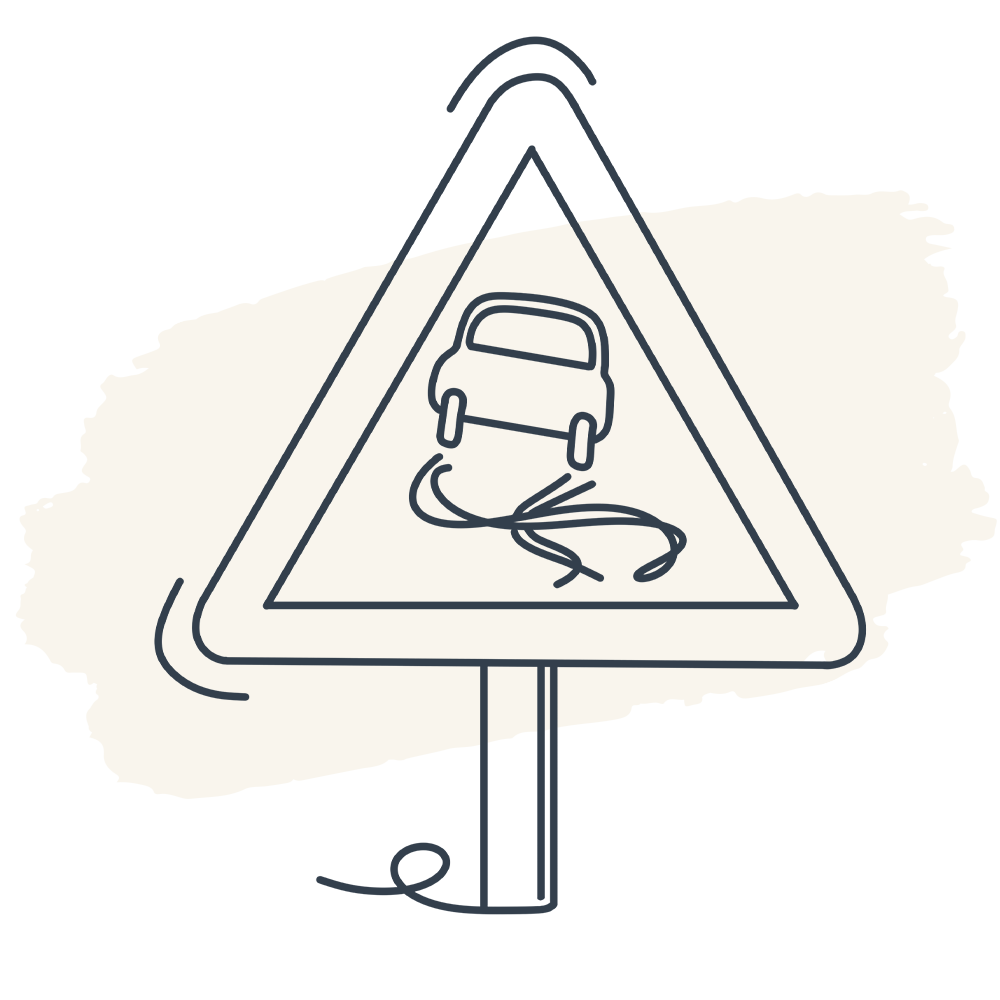Carents are often concerned about whether it’s safe for their parent to keep driving in the face of age related health problems such as lack of strength or mobility, slower reaction times, or poor eyesight.
They fear that their parent could cause a road traffic accident and put lives at risk whereas the older driver can resent concerns about their capability and fear that losing access to a car will lead to a loss of independence.
Despite some of the news headlines, elderly drivers are statistically one of the safest groups behind the wheel. Compared with younger drivers, older people have more experience and are less likely to speed, take risks or have an accident. So it’s not always clear when and whether an older person should stop driving.
Many older people realise when their driving days are over and take appropriate action but if you think your parent is a danger on the road and they do not share your opinion, what can you do?
Consider whether there is any clear evidence of a problem
Are you worrying unnecessarily or are there hard signs of a problem?
Common signs include:
- Difficulty turning to see when reversing
- Hitting the kerb
- Other drivers sounding their horns
- Confusion at exits
- New scrapes and dents on the car
- Avoiding driving to new or unfamiliar places
Check the driving regulations
Age related driving regulations
Just before turning 70, the DVLA sends out a renewal form which requires the driver to declare that they are still fit and able to drive safely. Driving licences then continue to be renewed in this way every three years.
Health related driving regulations
There is a legal requirement to tell the DVLA about certain medical conditions which can lead to a temporary or permanent requirement to give up your licence.
The full list of conditions can be found at this link to the DVLA.
Help your parent to stay as safe as possible
- Make sure they have regular eyesight tests with an optician – (see our guide to vision problems)
- Check whether any medicines they are taking can affect their driving – their doctor can help.
- Check if they have a medical condition which should be notified to the DVLA
- Help them to access a voluntary driving assessment
Broach the subject with empathy and positivity
Recognise that this can be a highly emotive issue and that your parent might not immediately share your view. They might be reluctant to admit that their driving days are over and be upset about losing their independence and all that entails.
You can also emphasise some of the benefits such as all the savings on road tax, insurance, MOT, servicing, fuel etc
Nowadays there are websites and leaflets concerned with this topic. You can share relevant information with your parent which might help any difficult conversations. The AA and RAC have information and we link to 2 key sites in the “more information” section below
Enlist help
If your parent will not listen to you, then they might be more responsive to advice from their GP, another relative or a friend. Doctors have a legal duty to protect the public and to advise patients to inform the DVLA if they have a condition or are undergoing treatment that could impair their fitness to drive.
If a patient refuses to accept their doctor’s advice then they are entitled to a second opinion but they should not drive whilst awaiting further assessment (see driving assessments below).
Driving mobility services have centres all over the UK.
Encourage an independent driving assessment
Driver assessment services can be accessed voluntarily but increasingly NHS doctors are making referrals to driver assessment centres to get objective advice about how a medical condition impacts on a patient’s ability to drive.
Older driver assessments are designed to provide an objective opinion about whether someone:
a) is still safe to drive,
b) needs a period of retraining to update their skills or confidence
c) is no longer safe to drive and is at high risk of having an accident
Want to know more?
Expert information from a range of experts including the Department of Transport
The Royal Society for the Prevention of Accidents is a strong advocate for older drivers and their families
WHAT OUR CARENTS SAY
Stay in touch with The Carents Room
Stay informed and supported on your carenting journey with our newsletter, designed to provide you with:
- Practical Tips: Get expert advice and useful tips to help you navigate the challenges of caring for your elderly relatives.
- Latest Updates: Stay up-to-date with the latest news, research, and developments in health and care services.
- Community Insights: Hear from fellow carents, sharing their experiences and stories to support you.
- Exclusive Resources: Access special content and resources designed to make your role as a carer easier and more effective.
Join our community today and make carenting a smoother, more informed experience. Simply enter your email below to start receiving our carefully curated content straight to your inbox.









